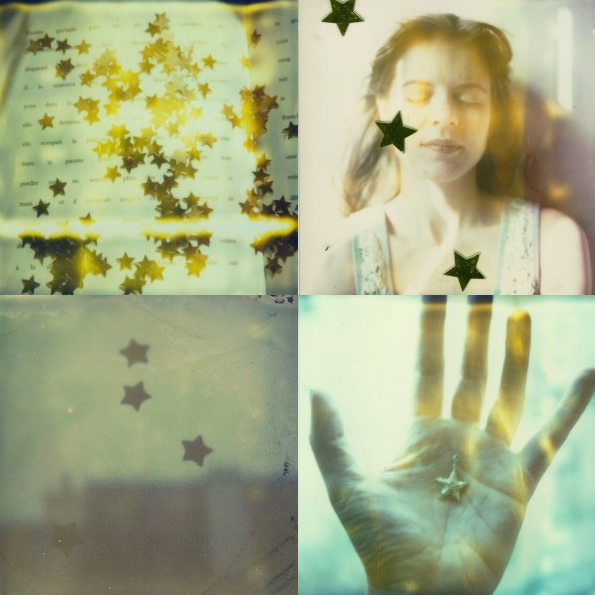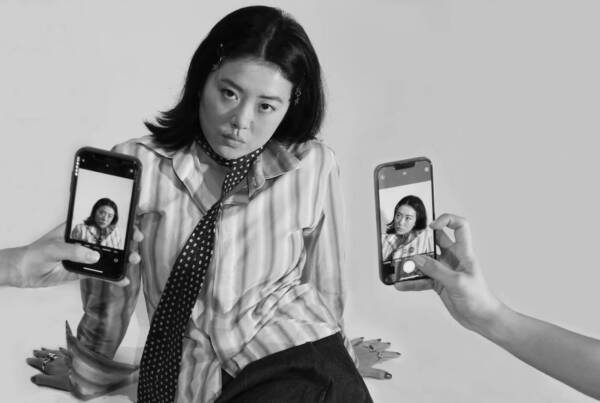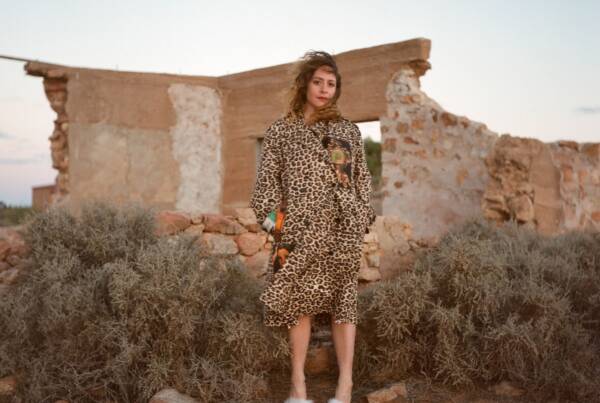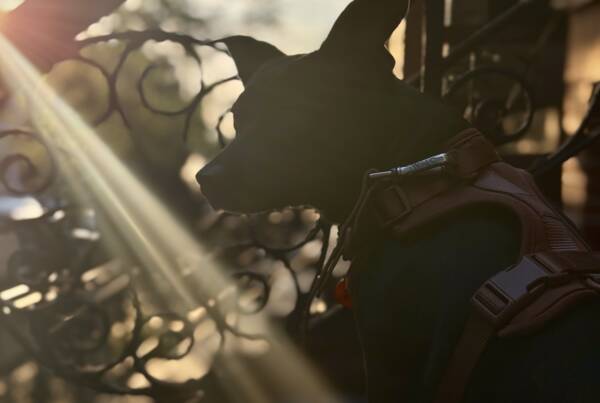Writing by Leah Pellegrini // Photograph by Marion Lanciaux
“You keep worrying
your sadness
is taking up too much space.
I wish you’d let yourself
be the Milky Way.”
– Andrea Gibson
If all women’s lives are galaxies, we each have at least one hardship that feels like the moon: immense, ominous, and inescapable, with a gravitational pull we can’t cut loose. Even on our brightest days, when our suns shine glistening fingers across our wide, blue skies, our moons hide somewhere just below the horizon or buried behind clouds.
Some of us shrink our moons down to bite-size pearls we gnaw nervously between our teeth or carry in our back pockets, folded neatly between thin sheaths of tissue. Others wear pearl necklaces, the glowing white bulbs strung proudly across our collarbones.
Most of us keep our precious moons close. To share them with others is terrifying. They are so slippery and so tricky to hold onto; and we treasure them, though bitterly and sometimes violently, because they are uniquely ours.
And yet, when another woman dares to pass her prized pearls into our foreign hands for a moment, so that we might admire them or critique them or merely inspect them up close, we tend to toss them back like rubber bouncing balls. When a friend tells us about her struggles or stresses, our reactions are so often variations of, “me, too.” We say we’ve known that feeling; that we’ve, like, totally been there; that we get what she’s going through, because the same exact thing, practically, more or less, happened to our second-cousin-once-removed.
We’re all drowning so deep in our own dark, murky Milky Ways that we can’t – or, rather, we don’t want to – fathom the depth of an alternate universe. We don’t dare do more than dip our toes in another woman’s black velvet sky. With our me too’s and our I know’s and our been there’s, we instead read our friends’ problems against our own solar systems, lining them up within our constellation grids. They’re easier to label this way, and thus easier to comprehend. It’s a shortcut, so we don’t have to personally swallow our loved ones’ pain in order to assure them that we care.
To reply with a genuine, profound, and pure condolence – “I am sorry” – feels uncomfortable. The straightforward sentence somehow seems too simple and too boundless. And so we hide behind our me too’s because we think they prove our compassion: if the same sort of hardship has happened to us, our caring and commiseration must surely be adequately great.
But the truly compassionate approach is to let our friends’ problems hang loose, wide, expansive, and unlabeled. To recognize that we don’t “get it,” and we can’t, and that is okay. We will never hear the precise thought reel of another woman’s anxiety as it loops within her brain. We will never feel the way her pain feels in all the atoms of her bones. We will never grasp the monumental enormity of her irreplaceable moon, because we’ve never stepped foot there; we’ve never tripped amidst the craters that she has memorized like brail.
No woman wants her moon reduced to a simple tiny star with the suggestion that it’s commonplace. She merely wants to know — and to believe — that you would knock the orb straight from her sky, if only you could. She wants a reminder that her voice isn’t lost amidst her Milky Way, and that, in another galaxy nearby, somebody cares.







